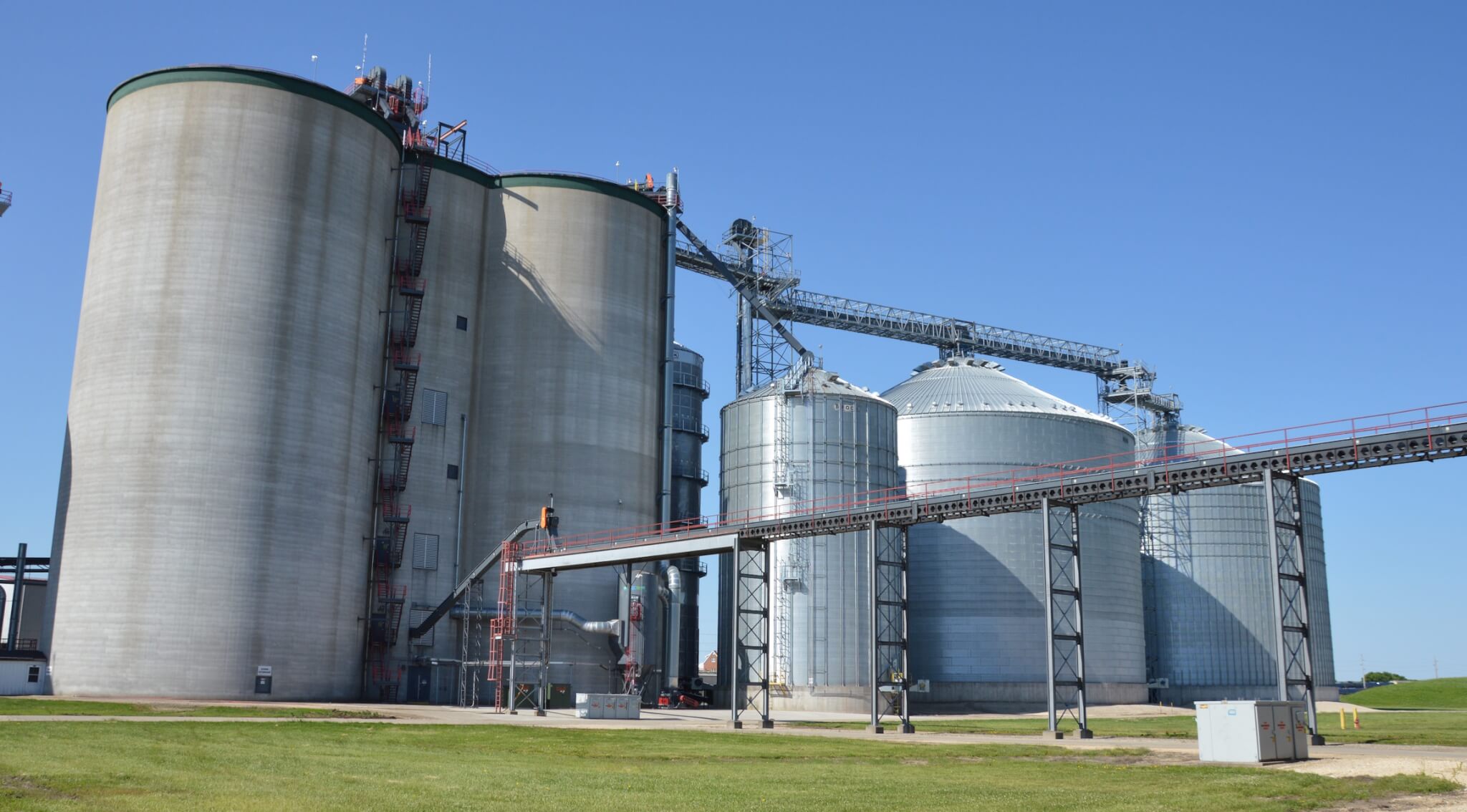
A new biofuels proposal released Tuesday by the Environmental Protection Agency once again left a bad taste in the mouth of farmers and renewable fuel groups across the Midwest and U.S.
The proposal, allegedly made to reverse harm done to the ethanol and biodiesel industries, “does not change the proposed [renewable fuel] volumes for 2020 and 2021,” according to the EPA. “Instead, it proposes and seeks comment on adjustments to the way that annual renewable fuel percentages are calculated.”
The deal is an attempt to make amends with the Department of Energy [DOE], after it distributed small refinery exemptions to oil companies against the department’s recommendation.
“While corn farmers appreciate the EPA’s intent to follow Department of Energy recommendations on waivers going forward, the proposed rule fails to provide the assurance needed that EPA’s practices for granting waivers will change going forward,” said Kevin Ross, president of the National Corn Growers Association, in a statement.
[inline-ad id=”3″]
Because of how many times a deal supposedly has been reached and then fallen apart, corn growers and ethanol producers remain doubtful the proposed rule will change the Trump Administration’s posture on ethanol and biodiesel blending requirements.
“A week ago, [EPA] Administrator [Andrew] Wheeler personally took to the airwaves and promised Iowa farmers that he would accurately account for lost gallons moving forward based on the ‘last three years of the waivers,’” said Emily Skor, CEO of Growth Energy, in a statement. “Administration officials repeatedly said that 15 billion gallons will mean 15 billion gallons and this proposal fails to ensure that farm families and biofuel producers have the certainty they need to reinvest and rebuild after three years of massive demand destruction at the hands of EPA.”
What’s In The Proposal
The EPA outlines a plan to use a three-year rolling average of exempted biofuels to calculate a new renewable fuel volume obligation (RVO) for future years. However, rule the will not move forward until the conclusion of a public comment period.
“EPA will hold a public hearing on Oct. 30, 2019 followed by a 30-day comment period from the date of the hearing to receive public input on these issues. The agency will finalize this action later this year,” the press release states.
[inline-ad id=”0″]
The Trump Administration has granted an unprecedented amount of refinery waivers since the President took office in 2017, leaving farm and commodity groups far from pleased.
“It is baffling to us that the proposal sets the three-year average of exempted volume using the very same DOE recommendations that EPA blatantly ignored over and over,” said Geoff Cooper, president and CEO of the Renewable Fuels Association, in a statement. “We are concerned that the volume of actual exemptions granted in 2020 could very well exceed the amount of projected exemptions from DOE, putting us right back into the quagmire where the 15-billion-gallon requirement is eroded and undermined.”
President Donald Trump recently assured people the EPA and his administration would restore the lost gallons. Yet, his statements were contradicted by the plan released this week.
“Today, we are outraged the Environmental Protection Agency [EPA] did not implement the details that were presented and outlined by the President only eleven days ago. Any proposal that does not account for actual waived gallons under the Renewable Fuel Standard [RFS] fails to restore the integrity of the law,” said Jim Greif, president of Iowa Corn Growers’ Association, in a statement.
[inline-ad id=”1″]
Trump’s Reelection Fight
With the 2020 presidential election just over one year away, this delay effectively pushes an official solution off at least another month, and it may delay real progress until after the general election.
“The proposal today essentially asks Iowa farmers and biofuels producers to trust that EPA will do the right thing on SREs in 2021 when they have spent the last two years weaponizing SREs to unfairly undermine the RFS,” said Monte Shaw, executive director of the Iowa Renewable Fuels Association, in a statement. “It is unreasonable and counterproductive to expect Iowans to put their faith in EPA to fix the SRE problem when they were the ones who created the crisis in the first place.”
[inline-ad id=”2″]
The release of this plan, following last week’s comments from President Trump, show what seems to be a split between the EPA and the President. This feud has played out many times in the last few months, and farming groups may start to expect this as the norm.
“Farmers have long been skeptical of the EPA’s administration of the RFS. This proposal doesn’t provide farmers confidence in EPA’s ability to follow through and make this right,” Ross, with the National Growers Association, said.
“President Trump made a commitment to farmers and instructed the EPA to follow the law, but this proposal appears to come up short again.”
By Josh Cook
Posted 10/17/19
Politics

How to apply for a job in the American Climate Corps
The Biden administration announced its plans to expand its New Deal-style American Climate Corps (ACC) green jobs training program last week. ...

Biden makes 4 million more workers eligible for overtime pay
The Biden administration announced a new rule Tuesday to expand overtime pay for around 4 million lower-paid salaried employees nationwide. The...
Local News

No more Kum & Go? New owner Maverik of Utah retiring famous brand
Will Kum & Go have come and gone by next year? One new report claims that's the plan by the store's new owners. The Iowa-based convenience store...

Here’s a recap of the biggest headlines Iowa celebs made In 2023
For these famous Iowans, 2023 was a year of controversy, career highlights, and full-circle moments. Here’s how 2023 went for the following Iowans:...





